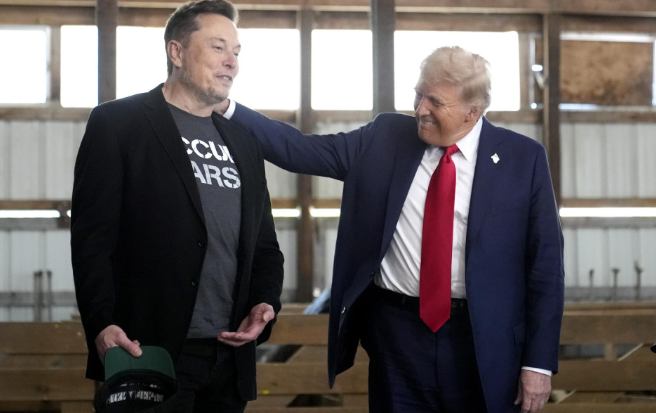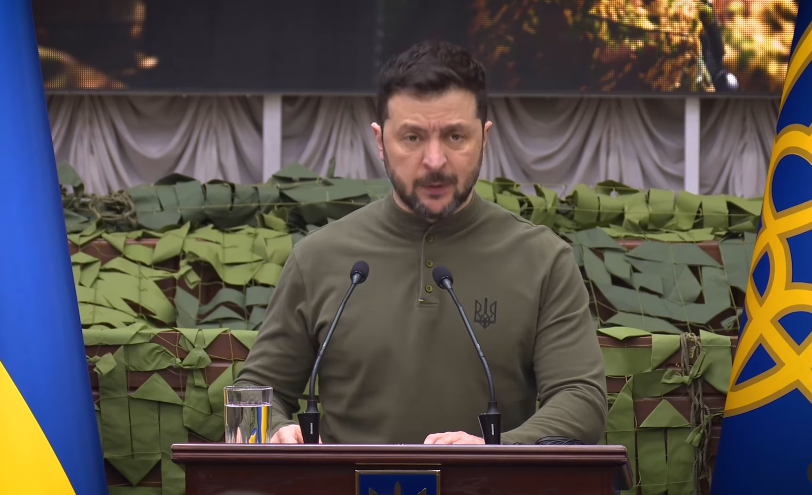[ad_1]
| SAN FRANCISCO
SAN FRANCISCO A U.S. appeals court on Friday rejected Hawaii’s request to issue an emergency order blocking parts of President Donald Trump’s temporary travel ban while the state sought clarification over what groups of people would be barred from travel.
The U.S. Supreme Court last month let the ban on travel from six Muslim-majority countries go forward with a limited scope, saying it could not apply to anyone with a credible “bona fide relationship” with a U.S. person or entity.
The Trump administration then decided that spouses, parents, children, fiancés and siblings would be exempt from the ban, while grandparents and other family members traveling from Iran, Libya, Somalia, Sudan, Syria and Yemen would be barred.
Trump said the measure was necessary to prevent attacks. However, opponents including states and refugee advocacy groups sued to stop it, disputing its security rationale and saying it discriminated against Muslims.
A Honolulu judge this week rejected Hawaii’s request to clarify the Supreme Court ruling and narrow the government’s implementation of the ban.
Hawaii appealed to the 9th U.S. Circuit Court of Appeals, saying in a filing on Friday that the appeals court has the power to narrow the travel ban while it decides how to interpret the Supreme Court’s ruling.
A three-judge 9th Circuit panel on Friday rejected that argument and said it did not have jurisdiction to hear Hawaii’s appeal.
The 9th Circuit said the Honolulu judge could issue an injunction against the government in the future, if he believed it misapplied the Supreme Court’s ruling to a particular person harmed by the travel ban.
But the judge did not have the authority to simply clarify the Supreme Court’s instructions now, the appeals court said.
In a statement, Hawaii Attorney General Douglas Chin said he appreciated that the 9th Circuit ruled so quickly, and that the state will comply.
The Justice Department declined to comment.
Justice Department lawyers have argued that its definition of close family “hews closely” to language found in U.S. immigration law, while Hawaii’s attorney general’s office said other parts of immigration law include grandparents in that group.
The roll-out of the narrowed version of the ban was more subdued last week than in January when Trump first signed a more expansive version of the order. That sparked protests and chaos at airports around the country and the world.
(Reporting by Dan Levine; Editing by Cynthia Osterman and Lisa Shumaker)
[ad_2]
Source link






Leave a Reply